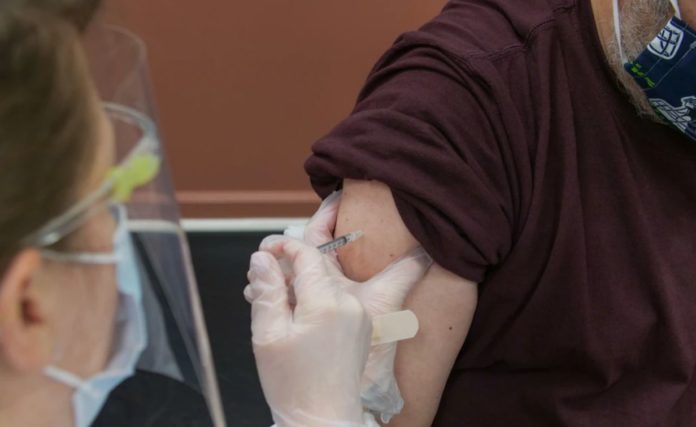The results obtained underline the importance of social distancing and priority vaccination of this population group.
People over the age of 65 are at a higher risk of reinfection with coronavirus infection. This is evidenced by the results of a study by Danish scientists, published by the journal Lancet.
“We found that the level of protection among the population is 80% or higher for people under 65 years of age and about 47% for people aged 65 and over,” the report says.
- Brief Anger Hampers Blood Vessel Function Leading to Increased Risk of Heart Disease and Stroke – New Study
- New Blood Test Pinpoints Future Stroke Risk – Study Identifies Inflammatory Molecules as Key Biomarker
- Enceladus: A Potential Haven for Extraterrestrial Life in its Hidden Ocean Depths
- New Experiment: Dark Matter Is Not As ‘DARK’ As All We Think
- Scientists in Fear of This New Predator From Red Sea Eating Native Species in Mediterranean
Experts noted that such data can be explained by age-related changes in the immune system of older people, the so-called “immune aging”.
“These changes affect both the innate and the adaptive immune system and the coordination of the body’s immune responses,” the scientists said.
It is specified that the study was conducted on the basis of data from mass PCR testing in Denmark. In 2020, about 4 million people (69% of the country’s population) completed it.
The authors of the study emphasize that the results obtained indicate the importance of measures to protect older people during a pandemic, first of all, we are talking about distance and priority of their vaccination.
